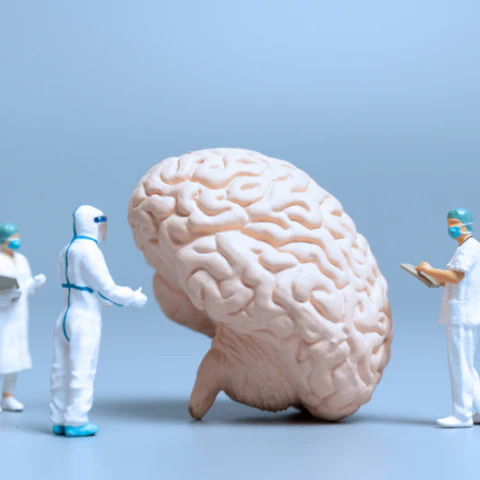CBN and CBD Have Their Most Powerful Pain-Relieving Effects When Taken Together

How do these cannabinoids play a role in pain management? Cannabinol (CBN) promotes the health of our neural mitochondria, which play a role in a cell’s ability to create energy, sensation, and therefore pain. Cannabidiol (CBD) modulates our endocannabinoid system (ECS)—which seems to also play a role in immunoinflammatory responses and pain.
When it comes to managing inflammation, the brain gets a deep cleaning every night while we sleep. According to the Sleep Foundation, 65% of people with no pain report getting good or very good sleep, while only 45% of people that have experienced acute pain recently, or 37% of people with chronic pain report getting high-quality sleep. Given that chronic pain affects at least a fifth of the US population of 300 million people, that means approximately 22 million people with chronic pain report getting good sleep, while the other 40 million people with chronic pain suffer from poor sleep on a regular basis. Due to the cyclical nature of pain and poor sleep, pain management is vital for quality sleep and good neuro-hygiene.
Constituents of the ECS have been identified across the full length of brain areas responsible for nocioception, the conscious sensory experience of pain. These sensations include chemical, mechanical, thermal, acute, and chronic. Out of all of these constituents, we can safely assume that CBD and other cannabinoids play a role in the modulation pain. Research continues to suggest the potential for the entourage effect, which speaks to increased therapeutic potential when multiple cannabinoids are taken together. A recent 2019 study on animal models found that CBN and CBD have powerful pain-relieving effects when taken together. This study utilized peripheral applications. It indicated an inhibitory effect on pain when CBD was taken in higher concentrations than CBN, and found that a 1:1 ratio of CBN and CBD was most promising for pain management. Additional research is needed as to the impact of these cannabinoids when considering their dosage, timing of administration, and even the route of administration.
Cannabinoid supplementation continues to suggest an optimistic path forward for effective pain management, sleep, and the regulation of chronic inflammation. Supplementation can affect the many components of our endocannabinoid system, mainly the endocannabinoids (those that are produced naturally by our body) anandamide and 2-arachidonoyl glycerol, CB1 and CB2 receptors, and the enzymes responsible for the synthesis and degradation of endocannabinoids. When it comes to pain and sleep, CBN and CBD might just be the most promising combination given the our current knowledge of the cannabinoid system.


